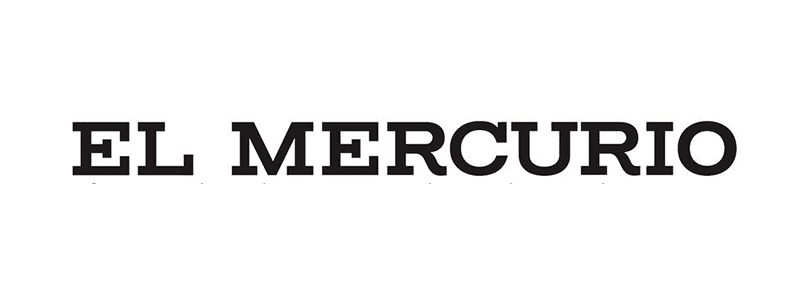Below we share the opinion column written by our partner Jorge Arredondo regarding the application of article 22 in the context of the 40 Hour Law.
One of the main controversies that has surrounded the “40 Hour Law”, which came into force a few days ago, is the application of article 22, second paragraph, which regulates exclusions from the ordinary work day. The above, because the new regulations reduced the cases of workers who could be affected by said regime, these being managers and administrators, and those who work without immediate superior supervision, due to the nature of their work.
One of the major discussions that took place regarding the application of this regulation was the role of the Labor Inspection, as to whether it could ex officio, that is, if there is no controversy between the parties (employer and worker), initiate a inspection process to corroborate whether it was appropriate for someone to be covered by article 22. A second discussion revolved around whether, once the inspection process had begun, through a controversy and the intervention of the Labor Inspection was requested, it should be focused exclusively on rule whether it was appropriate for the worker to be subject to article 22 or not, and whether, sequentially, immediately apply fines.
In this context, the Labor Directorate recently announced Service Order No. 2000-12/2024 that regulates the inspection process that will be carried out in this matter, clarifying that controversy is required between the parties regarding whether there would be a wrong application of article 22 and, second, that the fine is not immediate to the administrative process in progress. Indeed, in the event that the assumptions are not met, the Inspection will establish this through a resolution and will give the company time to rectify. Once that period has elapsed and there is no judicial claim against the resolution, only in that case, the fine would be applied. From this it follows, then, that by filing a judicial claim against the original resolution of the Inspection, which qualifies that a certain work should not be excluded from working hours, the employer can appeal to the courts of law.
However, an important question still remains: What is meant by “immediate superior oversight”? Some of the criteria provided is that it is impossible to exercise control over the worker in question. What do we mean by “control”? What does it cover and how would it be monitored? In this regard, we do not share the criterion supported by the Labor Directorate, which seems to mix the signs of employment, and the existence of a link of subordination and dependency, with self-management and determination. in the tasks entrusted to the worker.
Another important question is whether the Labor Inspection will have the capacity to respond to a significant number of controversies, especially when reviewing the recently published order, where these inspections are given urgency, at the same time that the inspectors must carry out a very exhaustive inspection which includes, among other aspects, an interview with the applicant; review of the hierarchical structure of the organization; contract clauses; performance evaluations, etc.
The 40 Hour Law is in full application and there are still important questions surrounding the regulations. Given this, it is essential that companies stay informed and prepare response strategies to the new demands of the authority.



